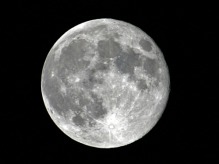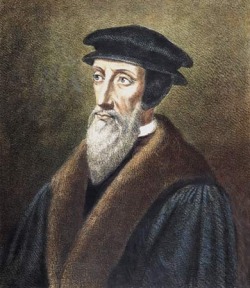Native Religion

Like many tribes in dry African climates, the Khoikhoi associated rain with the physical manifestation of their "supreme being associated with heaven" (Boyce). New and full moons symbolized to the Khoikhoi people an important time for "rainmaking rites and dancing" (Boyce). They heavily associated the moon with the importance they placed on rain, seeing it as a supreme power.
The Khoikhoi named their God "Tsuigoab," the creator and protector of their health. The physical embodiment of Tsuigoab is the moon (Kay). The antithesis of Tsuigoab is the evil and cunning Gunab, who causes sickness and death (Kay). Subsequent, less important Gods, include Haitsi-aibib, a folk hero and magician who can change his form at will (Boyce).
Imperial Influence

In 1819, the Reverend John Philip arrived in present-day Cape Town to spread the work of the London Missionary Society in southern Africa (Chidester). Another missionary from the English church, Johannes van der Kamp, "saw the Khoikhoi as exploited people, deprived of land, of status and of the right to give or withhold their labour, and maintained that they should be placed on an equal footing with the colonists in every respect" (Oettle).
